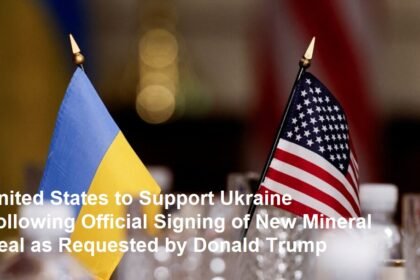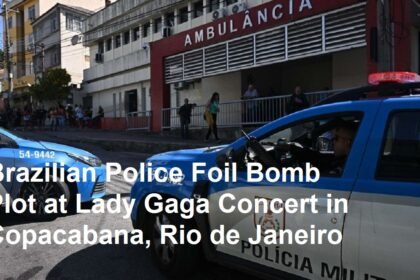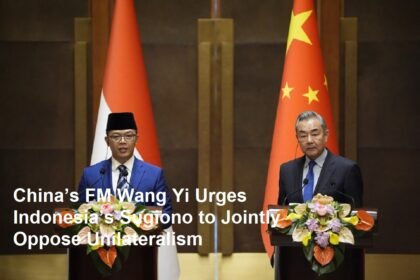VATICAN CITY — The Vatican has confirmed that the conclave to elect the successor to Pope Francis will commence on May 15, 2025, following a nine-day period of official mourning and preparatory meetings known as the “General Congregations.” The announcement, made on April 28, 2025, sets the stage for a historic gathering of cardinals tasked with choosing the 267th leader of the Catholic Church.
Protocol and Tradition Guide Timeline
Under Church law, a conclave must begin 15 to 20 days after the death of a pope, allowing time for cardinals worldwide to travel to Rome. Pope Francis, who passed away on April 20, 2025, will be buried in a private ceremony on April 30, after five days of public viewing at St. Peter’s Basilica. The sede vacante (“vacant seat”) period—marking the transition between pontiffs—officially began upon his death, with governance temporarily assumed by Cardinal Kevin Farrell, the Camerlengo (Chamberlain), until a new pope is elected.
The General Congregations, closed-door meetings of all cardinals, began on May 1. These sessions address logistical, spiritual, and procedural matters, including discussions about the Church’s future priorities. Cardinal Mario Grech, Secretary-General of the Synod of Bishops, emphasized that the consultations would reflect Pope Francis’s “synodal vision” of inclusivity. “This is a time for prayerful dialogue, not campaigning,” he stated.
Who Can Vote? The Electors of the Next Pope
Of the 132 living cardinals, only those under the age of 80 on the day of the pope’s death are eligible to vote in the conclave. As of April 20, 2025, 117 cardinals meet this criterion, with 67 appointed by Pope Francis himself—a majority likely to influence the election’s outcome. Notable electors include Cardinal Pietro Parolin (Vatican Secretary of State), Cardinal Luis Tagle (Philippines), and Cardinal Jean-Claude Hollerich (Luxembourg), all seen as potential standard-bearers of Francis’s reformist legacy.
However, divisions within the College of Cardinals may surface. While Pope Francis prioritized diversity—appointing cardinals from Rwanda, Mongolia, and Timor-Leste—traditionalist factions remain cautious about progressive stances on climate change, immigration, and pastoral outreach to marginalized groups.
Inside the Conclave: Secrecy and Ritual
On May 15, the cardinals will enter the Sistine Chapel, swearing an oath of secrecy before the iconic frescoes of Michelangelo. Under strict lockdown, they will cast handwritten ballots in a ritual unchanged for centuries. A two-thirds majority (78 votes) is required for election. Black smoke from burned ballots signals no consensus; white smoke announces “Habemus Papam!” (“We have a pope!”).
This conclave marks the first since Pope Francis reformed election rules in 2023, explicitly barring external lobbying and reinforcing penalties for leaks. “The focus must remain on spiritual discernment, not politics,” said Cardinal Fridolin Ambongo of Congo, a prominent Francis ally.
Global Speculation and Key Issues
Though cardinals are forbidden from formal campaigning, Vatican observers speculate that the next pope will face demands to uphold Francis’s legacy while addressing internal tensions. Key issues include:
- Church Governance: Calls to decentralize Vatican authority and empower regional bishops’ conferences.
- Social Justice: Continuing advocacy for refugees, economic equality, and environmental action.
- Doctrinal Debates: Balancing pastoral openness with conservative resistance to changes in teachings on marriage, divorce, and LGBTQ+ inclusion.
Names circulating as papabili (pope candidates) include:
- Cardinal Matteo Zuppi (Italy): A mediator in global conflicts and advocate for peace.
- Cardinal Cristóbal López Romero (Morocco): A Jesuit like Francis, known for interfaith work.
- Cardinal Gérald Lacroix (Canada): A charismatic figure focused on youth engagement.
A World Watches
The conclave’s outcome carries profound implications for 1.3 billion Catholics. Pope Francis’s tenure reshaped the Church’s global image, prioritizing compassion over dogma. His successor will inherit both admiration for this vision and entrenched resistance.
“This is not just about the next pope, but the soul of Catholicism,” said Massimo Faggioli, a church historian at Villanova University. “Will the Church continue Francis’s reforms, or retreat into institutional caution?”
As Rome braces for crowds and media, the cardinals’ deliberations will unfold in silence. Yet the world awaits a signal—a puff of white smoke—that will define Catholicism’s path for generations to come.









